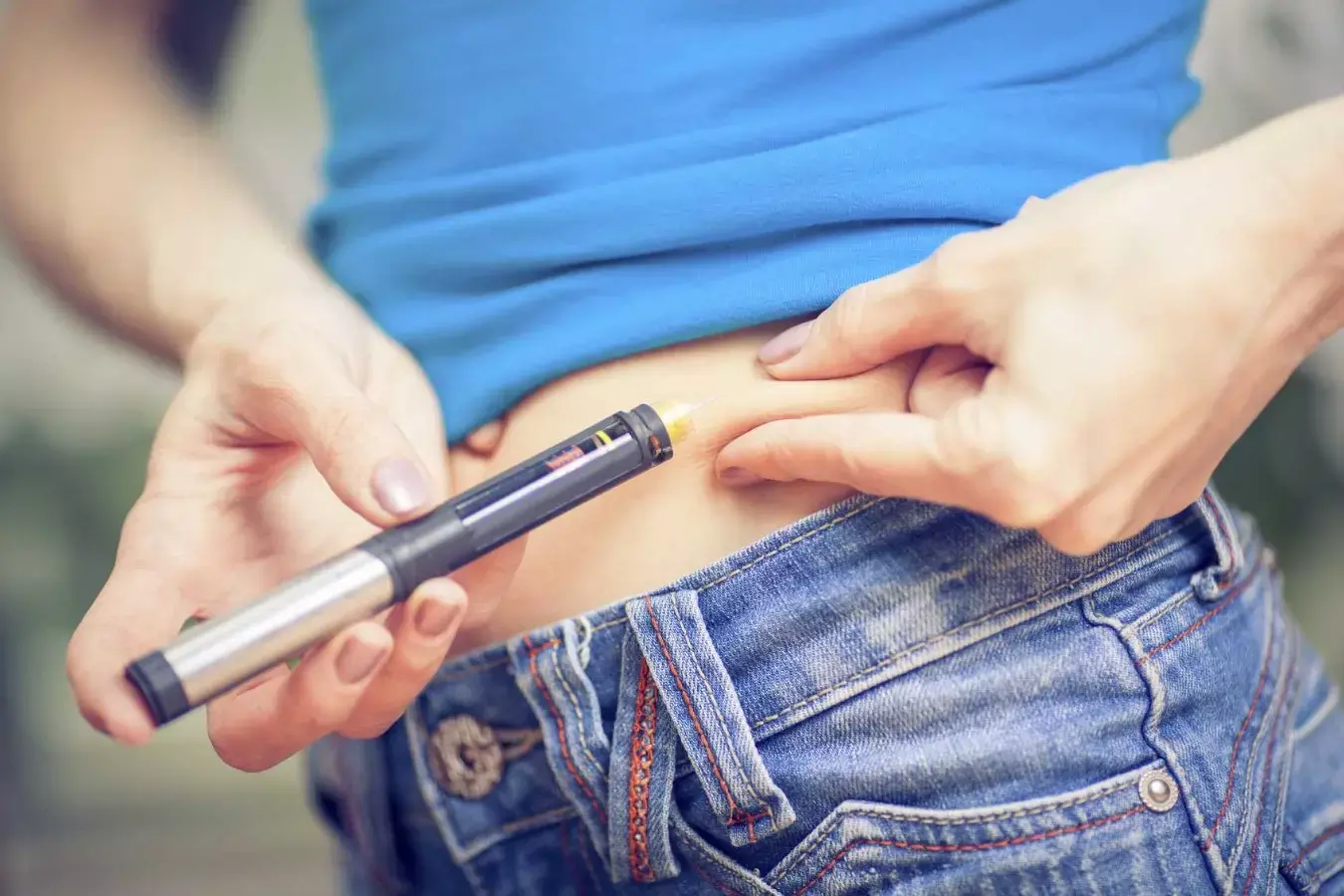- Home
- Medical news & Guidelines
- Anesthesiology
- Cardiology and CTVS
- Critical Care
- Dentistry
- Dermatology
- Diabetes and Endocrinology
- ENT
- Gastroenterology
- Medicine
- Nephrology
- Neurology
- Obstretics-Gynaecology
- Oncology
- Ophthalmology
- Orthopaedics
- Pediatrics-Neonatology
- Psychiatry
- Pulmonology
- Radiology
- Surgery
- Urology
- Laboratory Medicine
- Diet
- Nursing
- Paramedical
- Physiotherapy
- Health news
- Fact Check
- Bone Health Fact Check
- Brain Health Fact Check
- Cancer Related Fact Check
- Child Care Fact Check
- Dental and oral health fact check
- Diabetes and metabolic health fact check
- Diet and Nutrition Fact Check
- Eye and ENT Care Fact Check
- Fitness fact check
- Gut health fact check
- Heart health fact check
- Kidney health fact check
- Medical education fact check
- Men's health fact check
- Respiratory fact check
- Skin and hair care fact check
- Vaccine and Immunization fact check
- Women's health fact check
- AYUSH
- State News
- Andaman and Nicobar Islands
- Andhra Pradesh
- Arunachal Pradesh
- Assam
- Bihar
- Chandigarh
- Chattisgarh
- Dadra and Nagar Haveli
- Daman and Diu
- Delhi
- Goa
- Gujarat
- Haryana
- Himachal Pradesh
- Jammu & Kashmir
- Jharkhand
- Karnataka
- Kerala
- Ladakh
- Lakshadweep
- Madhya Pradesh
- Maharashtra
- Manipur
- Meghalaya
- Mizoram
- Nagaland
- Odisha
- Puducherry
- Punjab
- Rajasthan
- Sikkim
- Tamil Nadu
- Telangana
- Tripura
- Uttar Pradesh
- Uttrakhand
- West Bengal
- Medical Education
- Industry
Insulin delivery by pen linked to better control of blood sugar than syringe: Study

As compared to a syringe, delivery of insulin by pen shows more reduction in HbA1c in diabetic patients at 24 weeks of follow-up, suggests a study published in the Diabetes and Metabolic Syndrome journal.Comparing the use of pens with syringes to apply insulin among elderly patients with type 2 DM, the researchers found no difference regarding the frequency of hypoglycemia, the need for higher doses of insulin or other medications.
Diabetes mellitus, more commonly referred to as diabetes, is a metabolic disease that raises blood sugar levels. A hormone produced in the pancreas called insulin moves sugar from the blood into your cells to be stored or used for energy. With diabetes, the body either doesn't make enough insulin or can't effectively use its insulin. Hence as the disease advances, receiving external insulin is required. However there are barriers associated with treatment with insulin that may impair blood sugar control. Fear of hypoglycemia or sudden fall of blood sugar, interference in daily activities, greater number of applications per day and economic issues can cause difficulty in getting adequate management of disease.
This insulin can be delivered via pens and syringes. However, the use of pens application seems to be more feasible; but its influence on controlling blood sugar levels in elderly people has not been clearly defined yet.
A study was conducted by a group of researchers from Brazil to investigate the influence of delivery of insulin through pen on blood sugar levels.
The researchers conducted a clinical trial for comparing pens and syringes for insulin application among patients with type 2 diabetes mellitus over 60 years old and glycated hemoglobin greater than 8.5% at baseline.
They selected a total of 121 patients with a mean age of 65.75 years. Out of which 61 were randomized for pen group (PG) and 60 patients for the syringe group (SG). Their follow-up was at 24 weeks, with monthly medical visits to adjust the treatment. All patients received either received just insulin NPH and, if required, insulin Regular.
They evaluated the glycemic control, treatment adherence, hypoglycemia occurrence, need for adjustment in treatment, and impact on quality of life.
The results of the study are as follows:
· At baseline, mean HbA1c was 10.34 ± 1.66% in the pen group and 9.90 ± 1.25% in the syringe group.
· Mean HbA1c was 8.39 ± 1.28% in in the pen group and 8.85 ± 1.74% in in the syringe group at 24 weeks.
· However, there was a more reduction in pen group during follow-up.
· While they found no difference in treatment adherence rates, hypoglycemia, greater need for insulin doses or oral medication, and progression to basal-bolus insulin scheme.
· They also found no difference in the impact of the disease on the quality of life between groups.
The researchers concluded that though they did not find any difference in the impact on quality of life, frequency of hypoglycemia, or adherence, the pen the group showed a reduction in HbA1c higher in 24 weeks of follow-up.
Reference:
A study titled, "Pens versus syringes to deliver insulin among elderly patients with type 2 diabetes: a randomized controlled clinical trial" by Machry R et. al published in the Diabetes and Metabolic Syndrome journal.
https://dmsjournal.biomedcentral.com/articles/10.1186/s13098-021-00675-y
Dr. Shravani Dali has completed her BDS from Pravara institute of medical sciences, loni. Following which she extensively worked in the healthcare sector for 2+ years. She has been actively involved in writing blogs in field of health and wellness. Currently she is pursuing her Masters of public health-health administration from Tata institute of social sciences. She can be contacted at editorial@medicaldialogues.in.
Dr Kamal Kant Kohli-MBBS, DTCD- a chest specialist with more than 30 years of practice and a flair for writing clinical articles, Dr Kamal Kant Kohli joined Medical Dialogues as a Chief Editor of Medical News. Besides writing articles, as an editor, he proofreads and verifies all the medical content published on Medical Dialogues including those coming from journals, studies,medical conferences,guidelines etc. Email: drkohli@medicaldialogues.in. Contact no. 011-43720751


